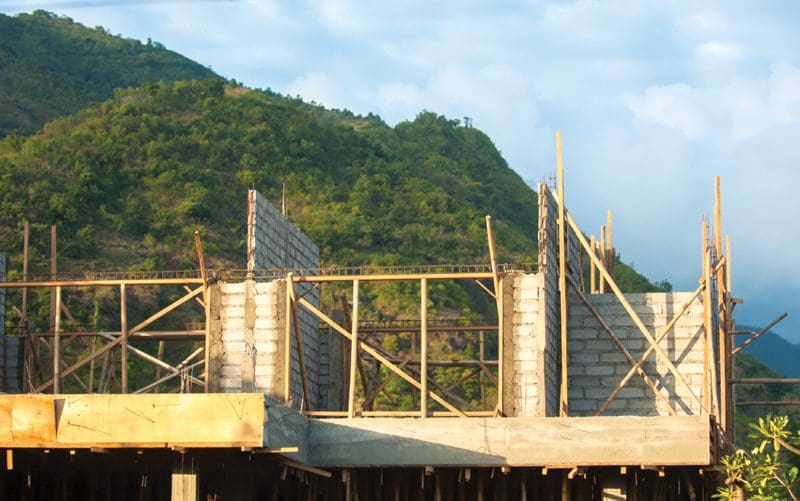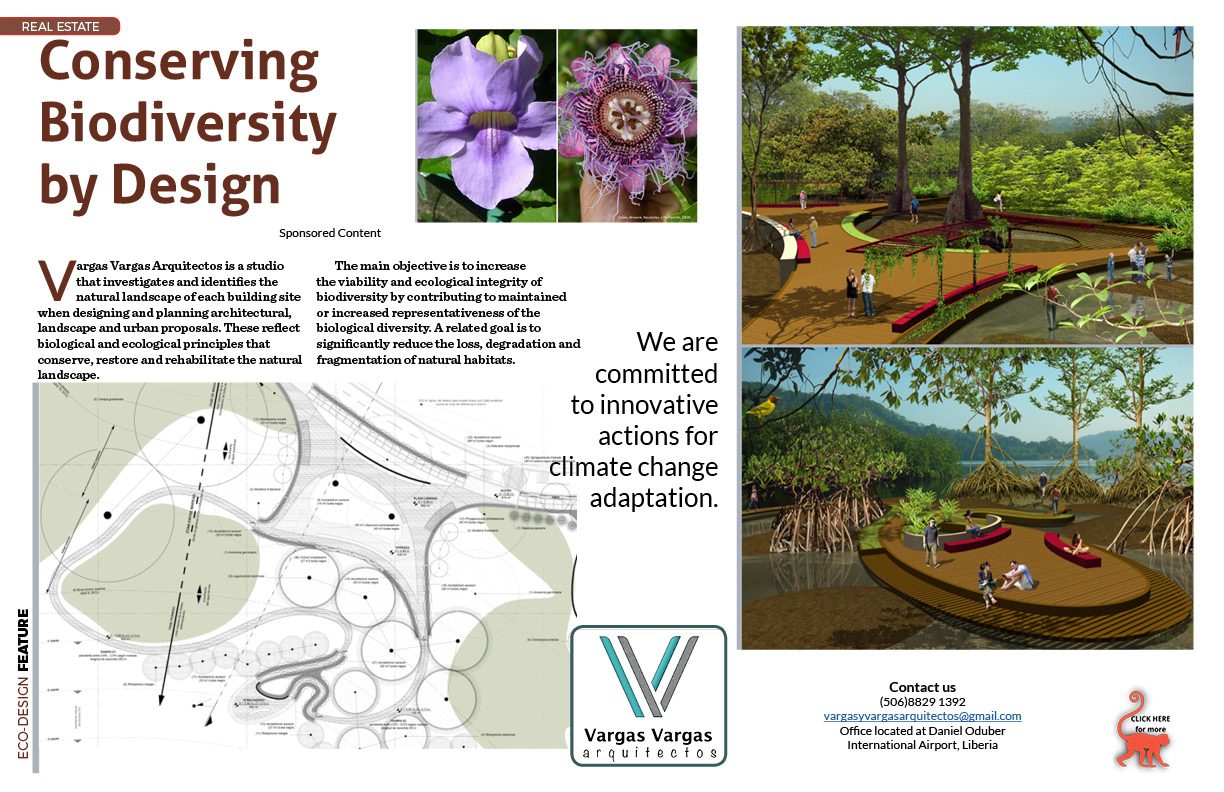
Building in CR: How Much Will it Cost?
How much will it cost to build in Costa Rica? As anyone who has ever budgeted for building a new home will likely attest, “it all depends.”
Ballpark estimates typically reflect our priorities in terms of size, design components, materials and resale value, as well as location and site logistics. Finishing touches may tip the end-product classification scale in the range of bare-bones basic, North American standard or luxury. At least this is how it generally works in developed countries, and to some extent universally. But in some parts of the world, the budgeting concept of “ballpark” is relatively meaningless.
Costa Rica is not like other places many of us are familiar with. Especially at the onset of undertaking to build a new home here from scratch, answers to a broader range of budgeting questions must be sought from a wider range of sources. Asking around can be helpful, but also mind-boggling.
Some of the same geographic attributes that make Costa Rica such an appealing place to live have a significant bearing on construction costs. Only in the most general terms, for the most basic new home construction styles and finishes, might we venture to say the average cost per square foot ranges from $100 in accessible locations to $180 at higher elevations and otherwise more challenging locations.
As would be the case anywhere, you could save lots of money building a new home in Costa Rica with your own bare hands. But let’s assume you came here eager to settle into your new digs and kick your feet up as soon as possible. Sweat equity wasn’t supposed to be part of the deal, which is why you need to budget carefully for leaving it up to the building experts.
The following are key variables affecting your building budget. Particularly in the first three instances, keep in mind there are significant geographical differences between regions. For example, Guanacaste is different from the Central Valley, Central Pacific and other regions in terms of climate and terrain. Each region has its own building challenges.
Climate
The influence of climate on many aspects of your new home plan and design should not be underestimated as budgeting factors. Building site position and facing direction should take into account exposure to humidity, wind or salinity.
Accessibility of Location
Site accessibility logistics have a significant impact on the costs for transportation and delivery of materials, goods and heavy equipment when needed.
Site Topography
Building site considerations are very important to your bottom line costs. These include specific site topography, soil quality and stability characteristics affecting foundation design, usable area dimensions, land slopes and scenic views.
Specifications
Keep in mind that finishing details work both ways in your building budget: they can increase the price tag or reduce it. Comparing basic construction costs among most builders is relatively easy. But when you factor in specific finishes and components, along with quantity, quality, availability and proper installation techniques, plus transporting specific materials, these are powerful cost triggers.
Design
Due diligence to ensure your new home is designed properly, with architectural plans bearing accurate information, will translate to more cost-effective builder estimates. The closer these are to your budget, the better you can manage your investment without costly derails. Poorly planned dwellings inevitably create cost overruns. Do your research to avoid engaging with an architect or engineer who might overlook the above-mentioned kinds of climate, site, location and specification factors. Being mindful of the challenges and cost implications in advance is your best protection from unpleasant surprises.
Going Green
Notwithstanding the eco-conscious motivations for building green, many wonder if the added costs now will translate into future savings. Can there really be a return on investment, and if so, enough to be worth the expense? Our Sept/Oct 2018 Howler article “Building Green” offered insight into some of the long-term cost benefits related to energy efficiency, water use reduction, reduced greenhouse gas emissions, lower maintenance costs and higher real estate value.
Builder
Again, when choosing a builder, do your homework. There is no shortage of non-qualified or inexperienced builders who claim to know their business but deliver poor quality construction results. The extra cost and hassle of fixing construction mistakes and defects add up to a huge headache that could have been prevented. Costa Rica is a small country, making it easier to ask around, verify performance track records and check reviews and references.
Doing extensive research at the budgeting stage will not only save you money but is the make-or-break key to a great experience building your dream home in Costa Rica. Professional architects and builders who take pride in their work will be there for you throughout the process, making it enjoyable as well as successful!


